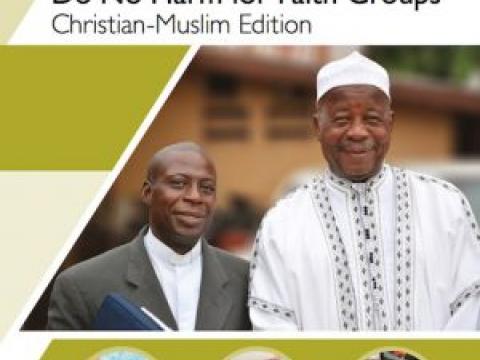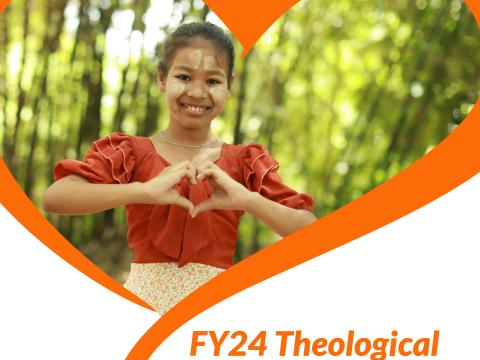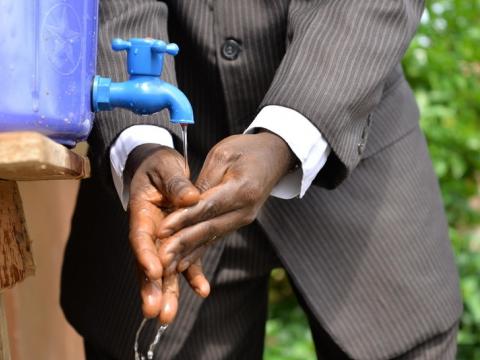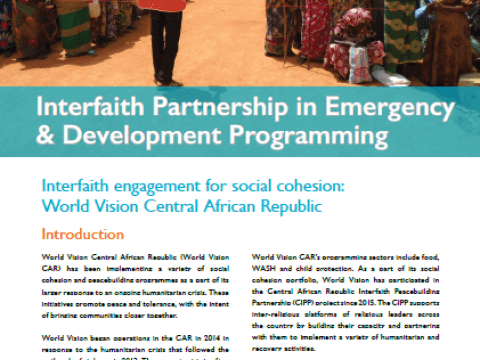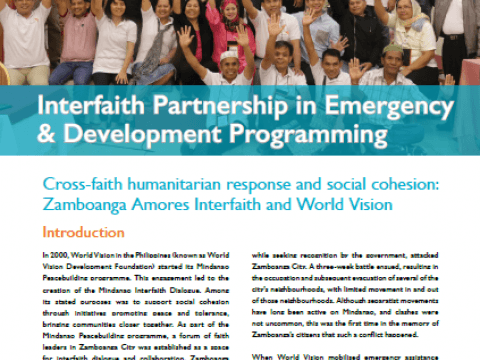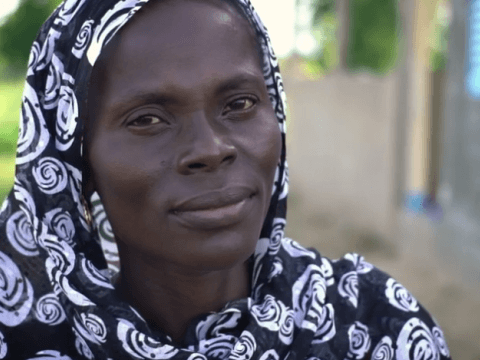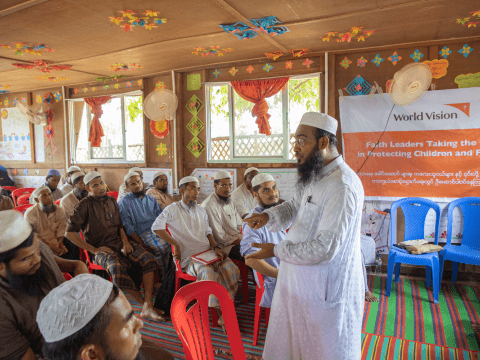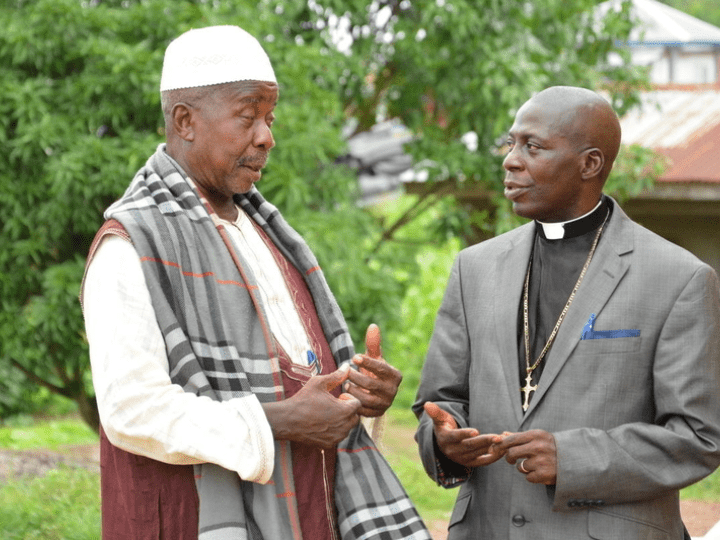
Church and Interfaith Engagement
We believe that all people are made in the image of God. We are called to help uphold, restore, and honour the dignity, value and identity of every human being. Because of this calling, we work with others who share our common values of compassion, love and mercy and commitment to the well-being of children and to the poor.
Faith leaders are uniquely placed to protect and meet the needs of the most vulnerable in their communities. Their reach, particularly in fragile contexts, is often further than non-governmental organisations and even governments. They have profoundly deep, trusted relationships and links with their communities and often dictate which behaviours are prescribed or prohibited. With their widespread influence, they can motivate changes in thinking, foster dialogue, set priorities for their communities, ensure increasing competency in their congregations to meet community needs and mobilise their congregations to do so. Faith leaders are essential for community transformation and are key partners in our work: they are gatekeepers, endorsers, and translators of development projects.
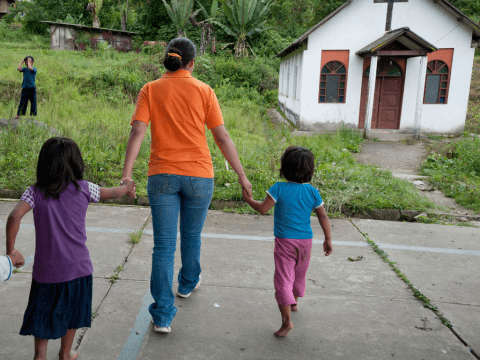
PARTNERING WITH THE CHURCH
The church is instrumental in tackling the root causes of poverty and injustice and is an effective driver of transformational change in communities, leading to sustained improvements in child well-being.
We are committed to work humbly and openly, seek positive relationships with the church in all its diverse expressions at local, national and global levels in order to contribute to the fulfilment of fullness of life for the world’s most vulnerable children. Our role is not to replace the role of the church, but to work alongside the church on behalf of children and the poor.
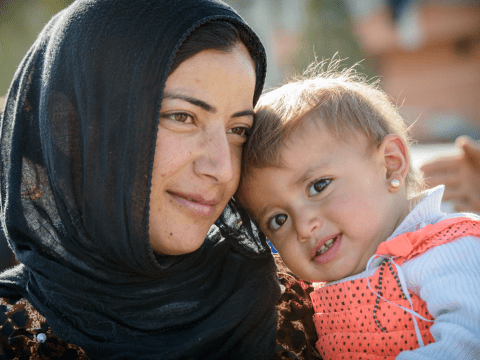
PARTNERING ACROSS FAITH
We work to build bridges of understanding and service for the common good of communities where we work irrespective of their faith.
By developing relationships with people of other faiths, we have found that suspicion, mistrust, and fear are often replaced with trust, friendship, and mutual support. We respect the religious beliefs and practices in countries where we operate and seek mutual understanding with people of all faiths. As a signatory of the Red Cross Code of Conduct, we are committed to implementing our programmes in line with those principles
Our engagement with faith organisations and faith leaders can be seen in a variety of ways including the development of resources, partnerships to end violence against children, and programming including peacebuilding, water and sanitation, health, livelihoods, child protection, social cohesion, education and advocacy.

